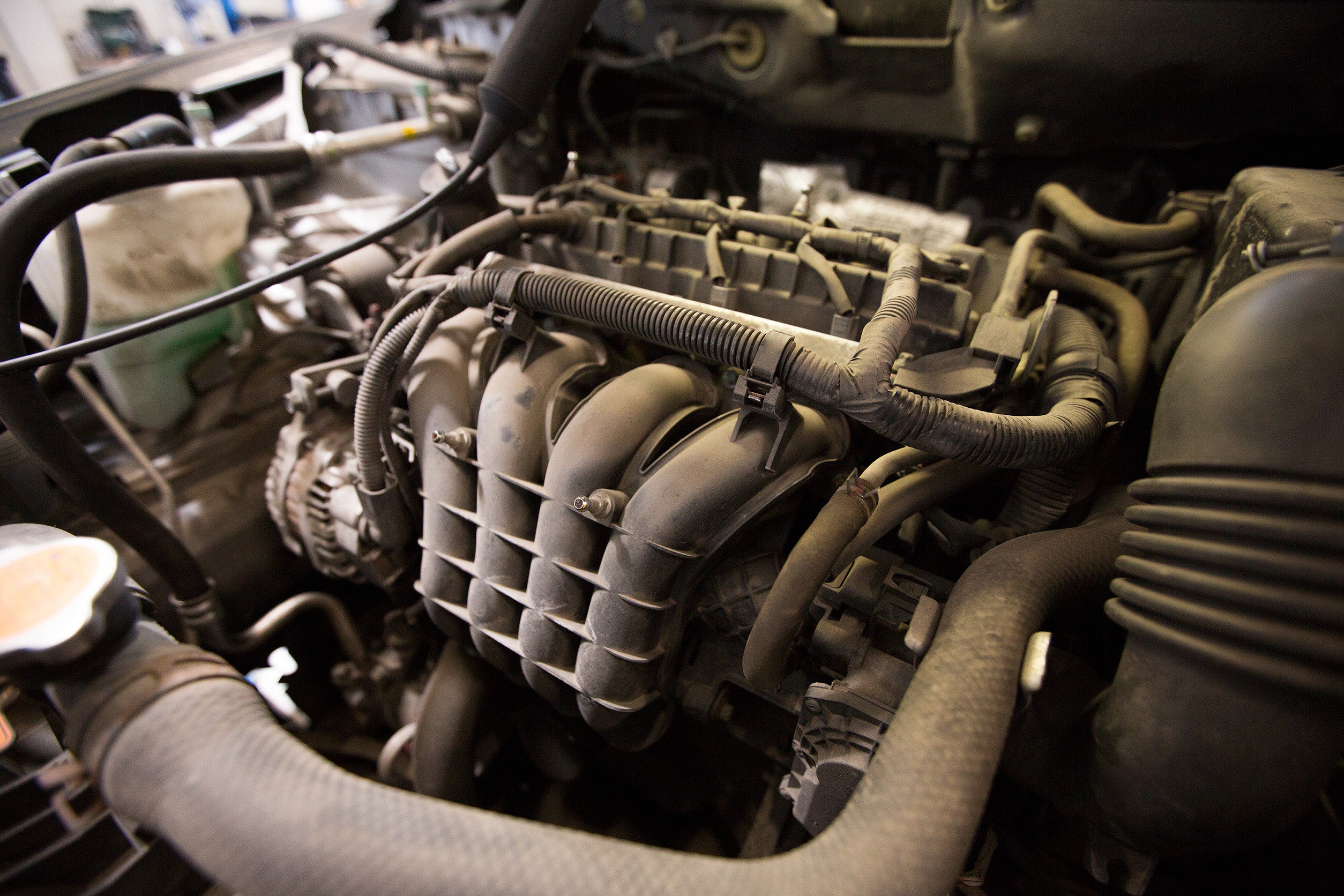

The cost of an engine repair can vary widely, depending on what you need done and the type of vehicle you have. It can cost anywhere from $1,200 to $5,000. In some cases, it could even be more. When you find out engine repairs are needed, it can become a financial burden. Not to mention, everything might not be tallied up in your initial estimate, so you could incur unexpected fees. Understanding the potential “hidden costs” of engine repairs can help you prepare financially. As a former mechanic, here are some of the most common additional costs people run into with this type of repair.
1. Diagnostic Fees
Many people don’t account for the diagnostic fees. While many shops will waive this fee if you’re getting the work done there, some don’t Usually, this fee ranges from $50 to $150, depending on the shop and location. While it may seem minor, it adds to your total repair bill, especially if the problem turns out to be extensive. Keep in mind that even if you decide not to proceed with the repairs, you’ll still be responsible for paying this fee.
2. Replacement of Additional Components
Engine repairs often involve more than fixing the primary issue. During the repair process, mechanics may discover worn-out components like belts, hoses, or seals that also need replacement. While this is done to ensure the engine runs efficiently, it increases the overall cost. For instance, replacing a timing belt often requires additional parts like tensioners or water pumps to be replaced simultaneously. These add-ons can add hundreds of dollars to your bill. Make sure you ask for a detailed estimate and clarification on any additional parts being replaced.
3. Labor Costs
Believe it or not, the parts aren’t the most expensive part of engine repairs. You’ll pray the most out of your pocket for labor. Mechanics typically charge by the hour, with rates ranging from $75 to $150 or more, depending on their expertise and location. Some repairs, like a head gasket replacement, can take upwards of 10 hours to complete. Do the math. That adds up quickly!
4. Specialized Tools and Equipment
As a former Porsche mechanic, I know about all of the specialty tools you might need to work on a car’s engine (or anything else, for that matter). Unfortunately, if specialty tools are needed, the cost of the fix is generally higher. For instance, repairs involving modern vehicles with advanced technology might necessitate diagnostic tools that are more expensive to use. Mechanics may pass on the cost of renting or maintaining these tools to the customer. Additionally, if a repair requires unique parts that are hard to source, you may face additional fees.
5. Fluids and Lubricants
Engine repairs often require the replacement of fluids and lubricants, which can add to the total cost. For example, repairs like replacing a radiator or a water pump often require a full coolant flush. Similarly, fixing an oil leak might involve refilling the engine oil and replacing the filter. While fluids and lubricants may seem like minor expenses, they can add up, especially for larger repairs. Some mechanics also charge a markup on these items, increasing your bill further. Be sure to ask for a detailed invoice to see exactly what you’re paying for.
6. Warranty Exclusions
If your vehicle is still under warranty, you might assume that engine repairs will be covered. However, many warranties have exclusions or stipulations that leave you responsible for certain costs. For instance, damage caused by neglect or improper maintenance is often not covered. Additionally, warranties may not cover diagnostic fees or towing expenses. If you’re relying on a warranty, carefully read the terms and conditions to understand what’s included. Knowing the limitations of your warranty can help you avoid unexpected out-of-pocket costs.
7. Towing and Transportation
When something goes wrong with your engine, it’s likely that you have to get a ride to the shop. This adds to the total cost of your repair bill, especially if the tow truck is owned by the shop you’re headed to. Towing fees can vary, depending on how far you need to go and where you are located. At the low end, they can be about $75 and can go up to $200 or more. On top of that, you may need to rent a car or figure out other methods of transportation while your car is being worked on. Some insurance policies might cover towing or a rental, so it’s worth checking your coverage. Always factor in transportation costs when budgeting for engine repairs.
8. Post-Repair Adjustments
It’s fairly common for additional adjustments to be made following an engine repair. For instance, a newly installed part might need recalibration, or the engine may require a follow-up inspection. These adjustments come with additional labor charges (and potentially parts and more). While some shops include these adjustments as part of the original repair cost, others may charge extra. Always clarify with your mechanic whether follow-up visits are included in the repair estimate.
Prepare for the Unexpected
Engine repairs are hardly ever straightforward. Most of the time, mechanics have to diagnose the issue, buy/have specialty tools, and you may wind up needing additional parts they didn’t initially count on. On top of that, there could even be adjustments needed after the repair is made. As a customer, knowing this information and being able to ask the right questions will help you avoid any surprises at checkout. You can also be more prepared for these hidden expenses in the long run.
Read More


Drew Blankenship is a former Porsche technician who writes and develops content full-time. He lives in North Carolina, where he enjoys spending time with his wife and two children. While Drew no longer gets his hands dirty modifying Porsches, he still loves motorsport and avidly watches Formula 1.

